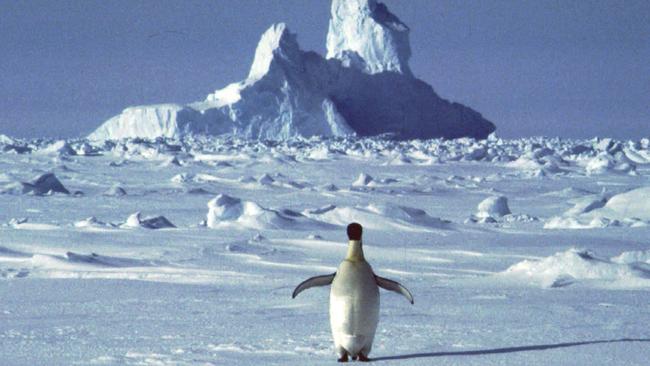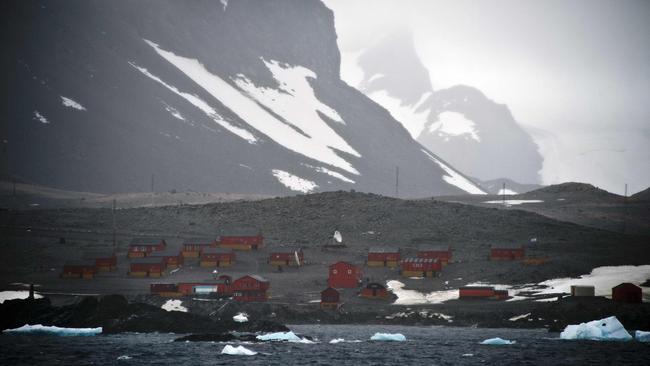Record temperature of 18.3c fuels fears over ice
Antarctica has hit its highest temperature on record with a reading of 18.3c at a research station on its rocky peninsula.

Antarctica has hit its highest temperature on record with a reading of 18.3c at a research station on its rocky peninsula.
The temperature easily beat the 17.5C reached in 2015 at the same Argentinian base. Scientists have warned about instability in the Thwaites Glacier – a block of ice at the base of the peninsula that is roughly the area of Britain.
In the Antarctic summer temperatures on the peninsula typically hover a little above zero, but with big fluctuations.
John King, from the British Antarctic Survey, said that the single record, hit at Esperanza station and based on data going back to 1961, was less troubling than the trend.
“Records get broken just because things fluctuate naturally,” he said.
“But the Antarctic peninsula is the part of the continent where we have seen the most rapid warming. It’s quite surprising to see two records broken at this station in quick succession. Whenever you see records broken at greater frequency that tells you things are changing.”

He said that ultimately this was significant for all of us. “We tend to think of Antarctica as remote and beautiful, home to iconic wildlife. You need to remember that 90 per cent of the ice locked up in the world is in these ice sheets,” he said.
“Changes in the Antarctic environment, along with a warming atmosphere, are already leading to increasing loss of ice from the continent. That’s something that affects all of us, not just a few penguins.”
Temperatures at the poles have risen faster than on the rest of the planet, with an estimated increase of 3C on the Antarctic peninsula since 1970. This has led to concerns that glaciers could hit a tipping point where they collapse, causing sea levels to rise.
Thwaites Glacier is a cause for particular concern. It is already melting at such a rate that it accounts for roughly 4 per cent of the global sea level rise, and polar experts believe it to be one of the more vulnerable large glaciers, containing enough ice to raise global sea levels by more than half a metre.
Scientists reported this month that they had discovered warm water flowing beneath its base. The water, which was 2C and above, was found at the glaciers “grounding zone”, the place where it leaves the bedrock and meets the sea.
This was a cause for significant concern, David Holland, director of New York University Abu Dhabi’s Centre for Global Sea Level Change, said. “Warm waters in this part of the world, as remote as they may seem, should serve as a warning about the potential dire changes to the planet brought about by climate change,” he said.
“The fact that such warm water was recorded along a section of Thwaites’ grounding zone where we have known the glacier is melting suggests that it may be undergoing an unstoppable retreat that has huge implications.”
Frida Bengtsson, who is leading a Greenpeace expedition to the Antarctic, said that she was not surprised by the new record temperature.
“We’ve been in the Antarctic for the past month, documenting the dramatic changes this part of the world is undergoing as our planet warms,” she said.
“Although such extreme events rightly capture the headlines, we need to remember that they occur against an even more worrying trend of long-term increase in average temperatures on the Antarctic peninsula.
“In the past month, we’ve seen penguin colonies sharply declining under the impacts of climate change in this supposedly pristine environment.”
The Times


